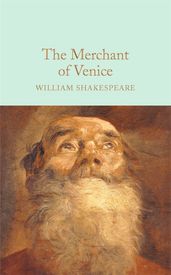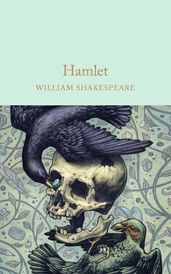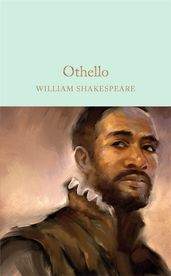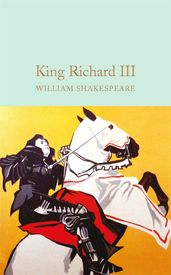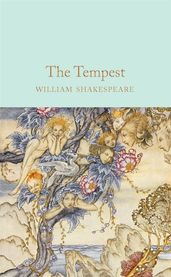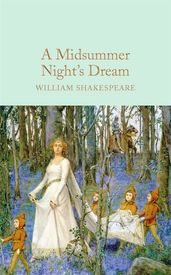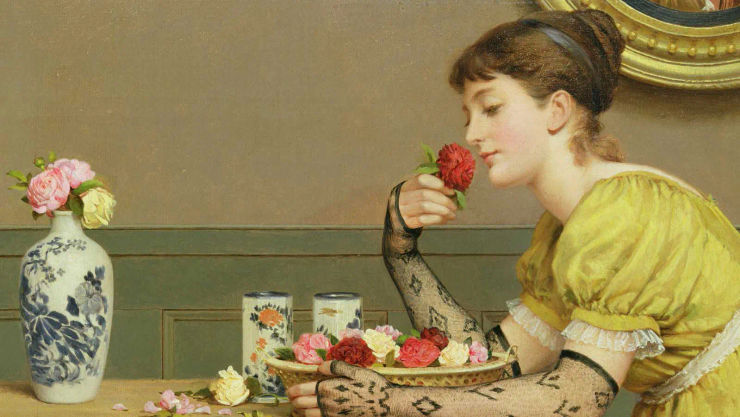Best Shakespeare quotes for modern life
It may be over 400 years since his death but The Bard has still got a thing or two to teach you. Here are some of our favourite quotes from Shakespeare on love, happiness and feminism.
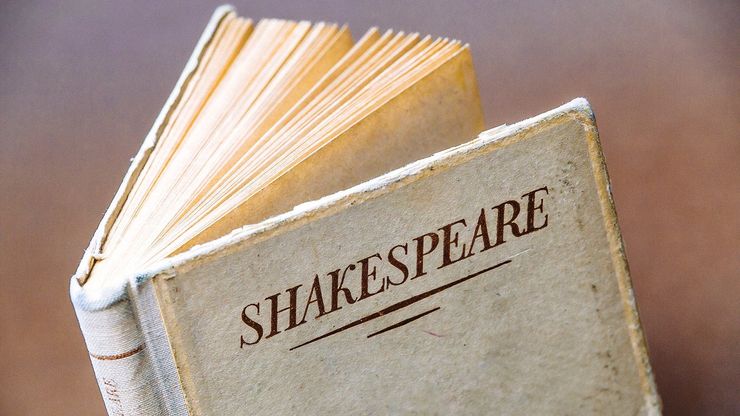
There’s a Shakespeare quote for every situation that life may throw at you. Whether you’re struggling to find your purpose in life or you’re just jealous of your ex’s new girlfriend, the sticky situations Shakespeare’s characters find themselves in are highly relatable. Here are our favourite sixteenth-century quotes that relate to our twenty-first century problems.
Fans of the classics can find more in our collection of classic books to read at least once in your lifetime, and there are further recommendations from every era in our must reads list of the 50 best books of all time.
Shakespeare on self-love
‘This above all: to thine own self be true.’
— Hamlet
‘Self-love, my liege, is not so vile a sin, as self-neglecting.’
— Henry V
Henry V
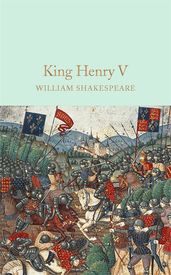
One of Shakespeare's gripping histories, Henry V recounts the king's remarkable victory over the French at Agincourt and the subsequent peace between the two nations.
Shakespeare on overthinking
‘Our doubts are traitors, And make us lose the good we oft might win, By fearing to attempt.’
— Measure for Measure
‘There is nothing either good or bad, but thinking makes it so’
— Hamlet
Shakespeare on love
‘I do love nothing in the world so well as you: is not that strange?’
— Much Ado About Nothing
‘The course of true love never did run smooth.’
— A Midsummer Night’s Dream
‘ Love looks not with the eyes, but with the mind; and therefore is winged Cupid painted blind.’
— A Midsummer Night’s Dream
‘But love is blind, and lovers cannot see.’
— Merchant of Venice
The Merchant of Venice
by William Shakespeare
Initially described as a comedy, Shakespeare's explorations of prejudice, duty and the nature of justice make The Merchant of Venice a far darker, more alluring play.
Shakespeare on feminism
‘If I be waspish, best beware of my sting’
— As You Like It
‘Do you not know I am a woman? When I think, I must speak.’
— As You Like It
Shakespeare on purpose
‘All the world's a stage, and all the men and women merely players. They have their exits and their entrances; And one man in his time plays many parts.’
— As You Like It
‘We know what we are, but know not what we may be.’
— Hamlet
Hamlet
by William Shakespeare
Shakespeare's dark and intoxicating Hamlet is one of his most loved tragedies. A young prince meets with his father's ghost, who alleges that his own brother murdered him. The prince devises a scheme to test the truth of the ghost's accusation, feigning wild madness while plotting a brutal revenge until his apparent insanity begins to wreak havoc on innocent and guilty alike.
Shakespeare on aspiration
‘Be not afraid of greatness: some are born great, some achieve greatness and some have greatness thrust upon them’’
— Twelfth Night
‘Art thou afeard to be the same in thine own act and valour As thou are in desire?’
— Macbeth
Shakespeare on jealousy
‘How bitter a thing it is to look into happiness through another man's eyes!’
— As You Like It
‘As, I confess, it is my nature's plague To spy into abuses, and oft my jealousy Shapes faults that are not.’
— Othello
Othello
by William Shakespeare
Othello is an intense drama of love, deception, jealousy and destruction. Desdemona's love for her husband Othello, transcends racial prejudice; but his trusted ensign, the envious Iago, conspires to devastate their lives.
Shakespeare on entertaining
‘Good company, good wine, good welcome can make good people ’
— Henry VIII
Shakespeare on Brexit
‘The world is grown so bad, that wrens make prey where eagles dare not perch’
— King Richard III
Richard III
by William Shakespeare
Richard, Duke of Gloucester – the bitter, deformed brother of the King – is secretly plotting to seize the throne of England. Charming and duplicitous, powerfully eloquent and viciously cruel, he is prepared to go to any lengths to achieve his goal.
Shakespeare on being late
‘Better three hours too soon than a minute late.’
— The Merry Wives Of Windsor
Shakespeare on life
‘We are such stuff as dreams are made on, and our little life is rounded with a sleep.’
— The Tempest
The Tempest
by William Shakespeare
The Tempest is Shakespeare's masterpiece of magical effects, redemptive romance, poetry and politics. Prospero has long been exiled from Italy and banished to a remote island with his daughter Miranda. He uses his magical powers to conjure up a fearsome storm, and his enemies, including his treacherous broth Antonio, are shipwrecked. There follows a play filled with murderous plots, drunken confusion, love and redemption.
Shakespeare on power
‘O, it is excellent To have a giant's strength; but it is tyrannous To use it like a giant.’
— Measure For Measure
Shakespeare on the environment
‘Diseased Nature oftentimes breaks forth In strange eruptions.’
— Henry IV
‘The spring, the summer, The childing autumn, angry winter, change Their wonted liveries, and the mazèd world By their increase now knows not which is which.’
— A Midsummer’s Night’s Dream
A Midsummer's Night Dream
by William Shakespeare
Four young lovers find themselves lost in an enchanted forest where fairies and sprites take an interest in their affairs, dispensing love potions and mischievous spells. This vibrant comedy is perhaps the best-loved of all Shakespeare's plays.
Shakespeare on fashion
‘Costly thy habit as thy purse can buy, But not expressed in fancy—rich, not gaudy, For the apparel oft proclaims the man.’
— Hamlet
Shakespeare for Every Day of the Year
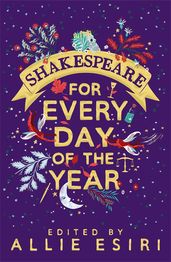
William Shakespeare wrote at least 37 plays, 154 sonnets and a handful of longer poems and you can discover them all here. Each page of this unique collection contains an extract, which might be a famous poem, quote or scene, matched to the date. Perfect for reading or sharing this collection brings a little bit of Shakespeare into your everyday.
In this episode of Book Break, Emma finds that there is a Shakespeare poem for every mood.
Guest host Olivia shares some unpopular Shakespeare opinions in this episode of Book Break:
